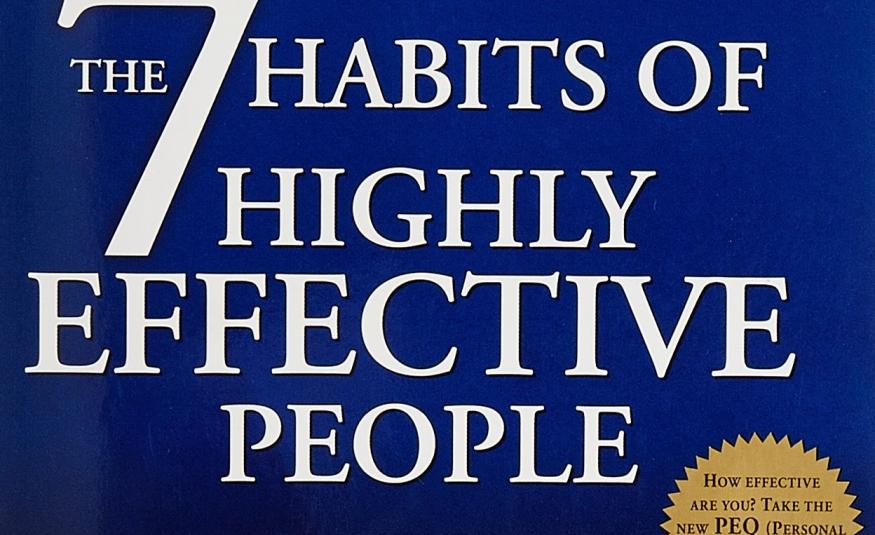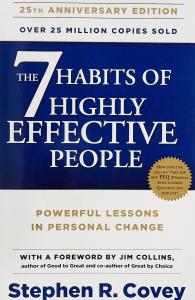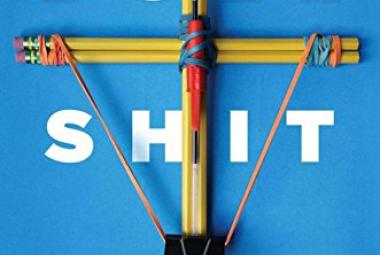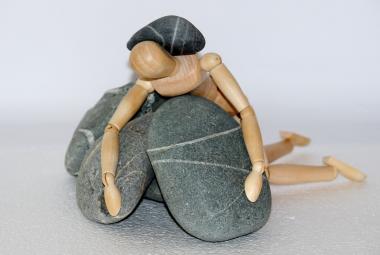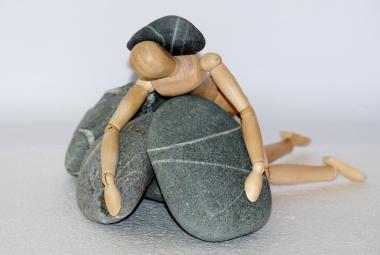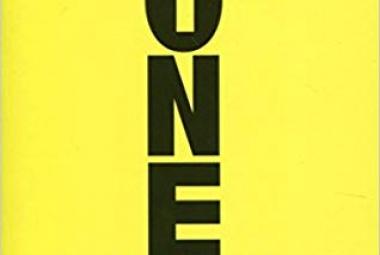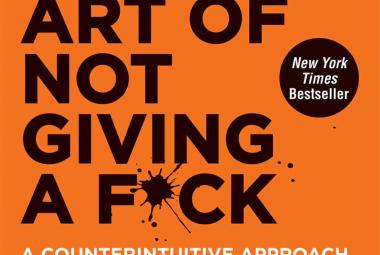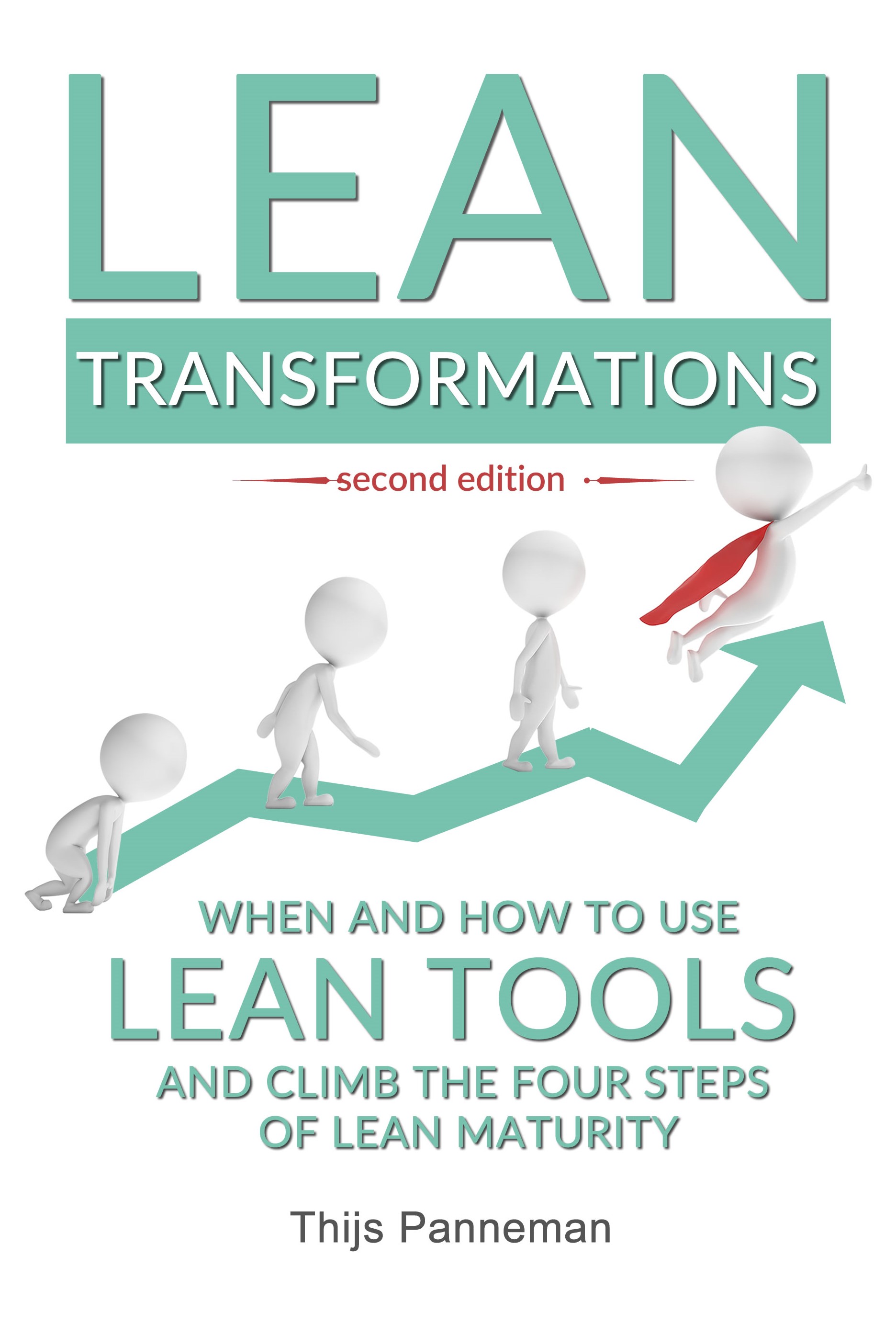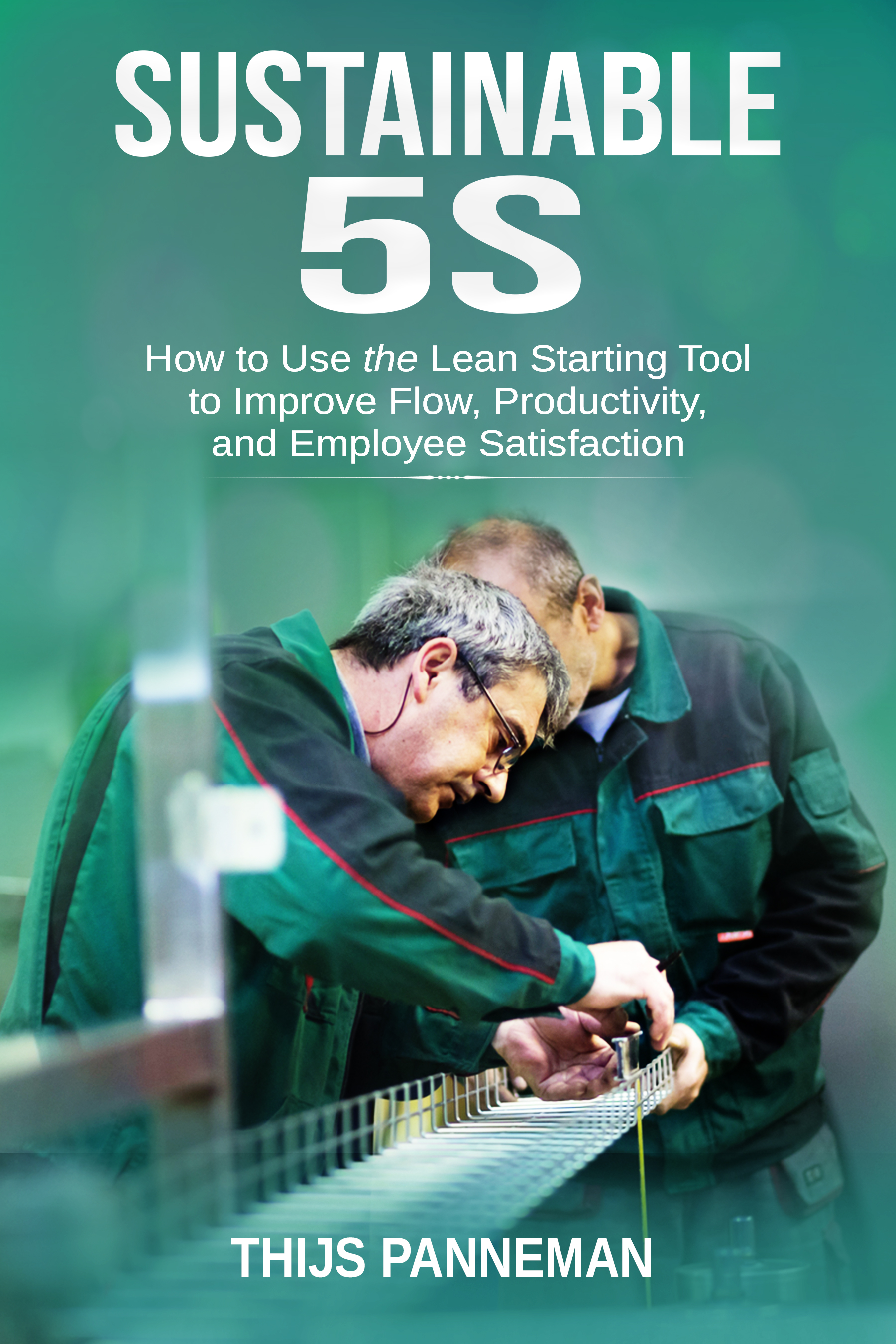The seven Habits of highly effective people is Stephen Coveys most famous book, in which he describes 7 habits a person needs to be highly effective. The seven habits are derived from literature written in the last 200 years and divided in three parts; striving to independence (1), choosing for mutual dependence (2) and ´sharpening the saw´(3).
The principles are based in the I-paradigm, where the power of the individual and the influence the individual has on its environment are acknowledged. Everyone has a choice on how he spends his time, on the actions he does and can be hold accountable for personal success.
Part one of the model is described as STRIVING FOR INDEPENDENCE. In this part of the model, the first three habits of highly effective people are described: being Proactive (1), defining goals (2) and Prioritizing (3).
Being Proactive means one can make his own choices. Our behavior is based on the choices we make, not from our circumstances. The way someone reacts to a stimulus in the present influences the person you will be in the near future, or put it the other way around: ´Who I am today is what I chose for yesterday´.
The difference between acting reactive and acting proactive can be explained by the circle of commitment with in there a smaller circle of influence. A reactive person will focus on his circle of commitment and focus on aspects which he cannot influence himself. Proactive people are focused on the smaller circle of influence, in which they can actually influence the situation. The interesting thing about focusing on the circle of influence is that it usually makes it bigger, which means that using your influence usually grows your influence.
Another difference between reactive and proactive people is described by the verbs ´to have´ and ´to be´. Reactive people who act in their circle of commitment think in terms of having, for instance ´I which I had more time…´ or ´If only I had a diploma…´ The circle of influence is based on Being, which is focuses on how one can be in the future: ´maybe I can be more patient in the future´.
The second habit is defining your goals. What kind of person do you want to be? If you do not know jet, Covey proposes you imagine your own funeral and think about what you would want your friends and family to say about you. Everybody has more than one role in life, for instance a father, a son, a college and a friend. For each of your roles, you should define your own personal mission, which is based on your circle of influence.
The thirds habit in striving for independence is prioritizing, making sure important tasks (not necessarily urgent tasks) are done first. Covey describes a quadrant with two axes: Importance and Urgency. Successful people operate in quadrant two: important non-urgent tasks. The trick is to prevent important tasks to become urgent, by finishing it on time. The danger for most people is to work on to many urgent (sometimes also unimportant) tasks, which make it impossible to find time to work on the important ones. Important tasks include planning (to prioritize the most important tasks) but also relaxation and for instance sport, to make sure you have energy in the future to execute tasks.
Part two of the model is described as CHOOSING FOR MUTUAL DEPENDANCE, which includes the personal habits four to six: Creating win-win situations (4), Proactive listening (5) and synergy (6).
The foundation for creating win-win situations is that happiness and success are abundant. There is no need for one person to compensate for another person´s happiness or success. It really is possible that both parties are happy and successful. The trick is to find this win-win long term solution together; by listening to each other´s needs and helping each other reach each other´s goals. Finding the win-win situation for each relationship you have also strengthens these relationships.
One habit a person needs for creating win-win situations is empatic listnening. The clou for effective communication according to Covey is to be able to understand others first, before you start explaining your own point. In Greek, this strength is described in the words Ethos, Pathos, Logos, which translates into personality, commitment and rationality, in this specific order. Most people tend to act the other way around and start with rational thinking without acknowledging the other persons personality and commitment.
Habit number six is synergy, which is the principle in which the result is valued more than the sum of its parts.When people use the previous 5 strengths, they are able to gain higher results for each of them personally than when they would optimize only their own personal gains. In this strength, people work together based on trust and make desicions based on principles and stakes people have.
Part three of the book is called SHARPENING THE SAW, which includes in my humble opinion the most important habit of being effective: personal renewal. When a goose lays golden eggs it is important that the goose is taken care of to make sure it will still lay golden eggs in the future. For personal succes, hapiness and effectiveness, it is therefore important that you take care of yourself. You are your goose laying your own golden eggs.
Covey describes four dimensions in which one should act on personal renewal: Physical renewal, for instance excerzise, healthy diet and stresscontrol, social emotional renewal, for instance empathy, synergy and selfconfidence, mental renewal with for instance devotion, study and meditaion and finally spiritual renewal, by reading, planing and writing. Renewal in all four of these dimensions has, according to Covey, the largest impact on personal effectiveness.
In the 7 habits of highly effective people, Stephen Covey describes seven strengths which help people to act proactive and be effective as a result. When I read the book for the first time, the most imporant take away was the difference between urgent and important tasks. One should make time to reflect on how your time is spend and plan how to use your time in the future to make sure you work on the right things. This is true for both your personal life as well as your career.
When I read the book for the second time, I found my take aways in the need to devirsify the way to improve in different area´s (Physical, Social emotional, mental and spiritual). I found that balancing my activities in these four area´s actually lead to a constant higher energylevel, which I can spent on tasks I find important in both my carreer as well as my personal life and make me even more effective.
Continue to:
Coach yourselve to Success - T.Miedaner (summary)
Also interesting: a 7 minute video which explains the 7 habits perfectly!
REFERENCES:
Covey, S. 1989, De zeven eigenschappen voor succes in je leven, Amsterdam: Business Contact. (order this book)

